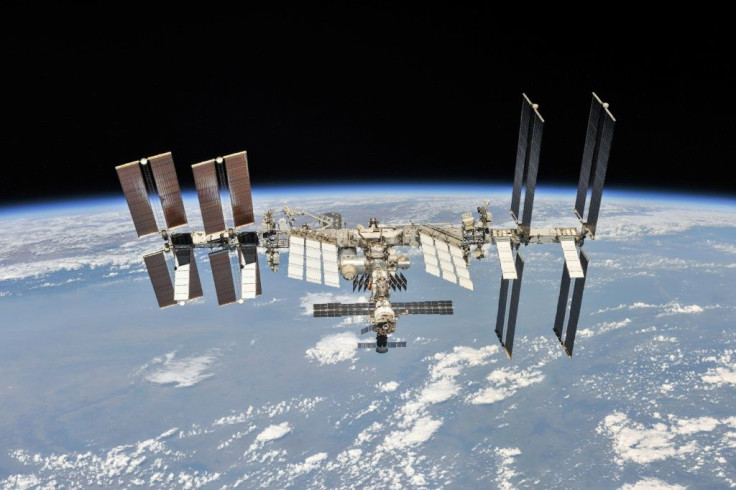ISS Leaves 'Microbial Fingerprint' On Astronauts, New Study Claims
KEY POINTS
- Researchers detected changes in astronauts' microbiome after living aboard the ISS
- Astronauts who stayed on the ISS for over half a year showed changes in gut and skin microbiomes
- The findings of the study could be used to investigate the other long-term effects of space travel
A new study has revealed one of the long-term effects of living in space. According to the authors of the study, they detected microbial changes within astronauts who have lived aboard the International Space Station (ISS) for a long period of time.
The study focused on the effects of space travel on the human microbiome, which refers to all microorganisms that live on and within the human body. These include the microorganisms living on the skin and gut bacteria. The new study was published in the journal PLOS ONE.
For the study, the researchers analyzed astronauts who stayed on the ISS for missions that lasted six to 12 months. By comparing the astronauts’ conditions before and after they lived on the station, the researchers learned that their gut microbiomes became more diverse, which is contrary to what the researchers were expecting due to the ISS’ bacteria-free environment.
“Since the station is a very clean environment, we were expecting reduced gut diversity in space compared to preflight or post-flight because the astronauts are less exposed to environmental bacteria,” microbiologist Hernan Lorenzi said in a statement.
As noted by the researchers, the gut microbes of astronauts became more diverse probably due to their diets aboard the station. With over 200 food and drink options to choose from, the astronauts received a more varied diet than they did at home.
Aside from gut microbes, the researchers also detected a change in skin microbiomes. Although they were able to detect an increase in the skin microbiomes of some astronauts, they saw a decreasing trend in their other subjects. Both groups showed a decrease in the bacteria Proteobacteria.
According to the researchers, the change was most likely caused by the cleanliness of the station.
The changes triggered by the ISS’ environment on the astronauts’ body, which the researchers referred to as “microbial fingerprinting,” could be studied further in order to understand the other long-term effects of living in space.
“There's an interplay between the microbial community of the space station and its crew, and understanding the details is important for preventing complications for health or for spacecraft on long-term human space missions,” microbiologist Crystal Jaing stated.

© Copyright IBTimes 2024. All rights reserved.




















